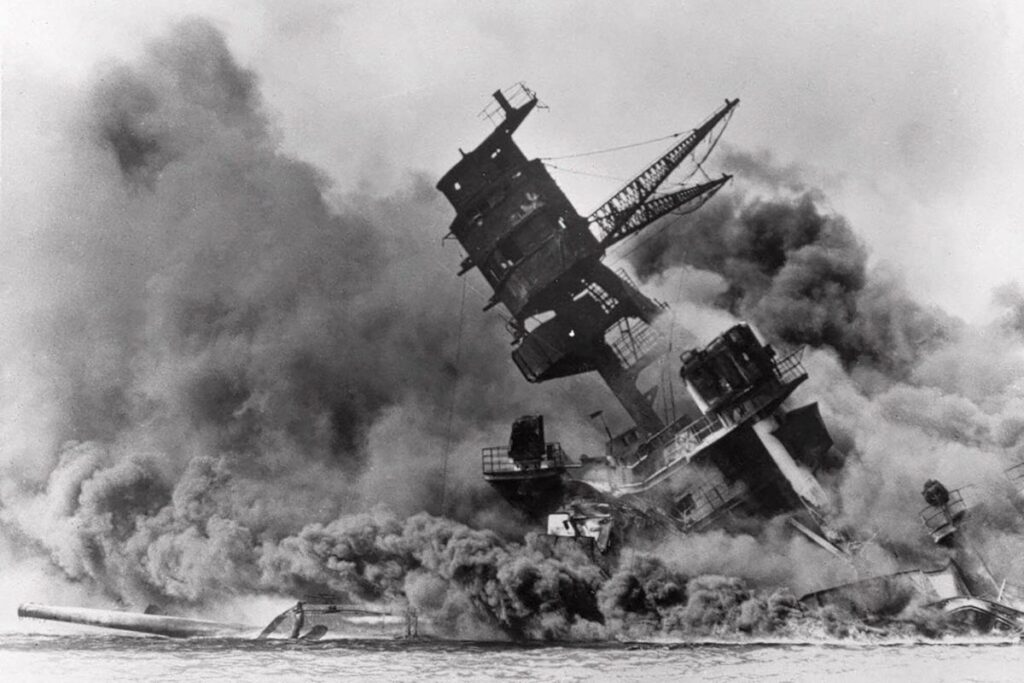Tuesday – Pearl Harbor Day
Today is the 80th anniversary of the bombing of Pearl Harbor, the “day that will live in infamy” and the occasion that brought America into World War II. That war, called by some “the great war” and by documentarist Ken Burns “the worst war” produced some very strange but breakthrough novels, like Kurt Vonnegut’s Slaughterhouse Five and Joseph Heller’s Catch 22.
It also shaped my father, who was drafted out of Carleton College early in 1942 and spent time in both France and Germany, crossing over the England Channel two weeks after D Day. He was fortunate that, as an interpreter, he didn’t end up fighting, but he did witness Dachau three days after it was liberated. In fact, one of his jobs when he was stationed in Munich was to take Germans through the concentration camp, both to show them what their country had done and to make sure that they didn’t dismiss it as so much American propaganda.
Like many veterans, my father had no illusions about war. He wrote the following poem after my youngest son Toby—called “Mike” in the poem for the rhyme—asked him about his war experiences for a school project. What emerged in his accounting was the mess that war always is. In that way, he shares a vision with Vonnegut and Heller.
My father always hated that his generation was called “the greatest,” so the title he has given the poem is ironic. Idealizing those who serve, he felt, is always an inducement to more war. When he returned to the States in 1945, he became a proud member of the War Resisters League.
“The Greatest Generation”
By Scott Bates
“What was the Second World War like?”
I am asked by my youngest grandson, Mike,
Who has just remembered that he has
To write a paper for his English class
And hopes his grandfather will tell him a story
Like Private Ryan, full of guts and glory.
“That’s easy,” I answer—I am the One
Who Was There, the Expert, the Veteran–
(Who has read in the paper, by the way,
That thousands of vets die every day),
“It was boring, mostly,” I say, “and very
Gung-ho.” I think. “It was pretty scary.
And long. And the longer it got, the more idiotic
It seemed.” I stop. “It was patriotic.”
How to tell the kid the exciting news
That we survived on sex and booze.
And hated the Army and hated the War
And hoped They knew what we were fighting for . . . .
And I remember my buddy, Mac,
Who got shot up in a tank attack,
And Sturiano, my closest friend . . .
It is still going on. How will it end?
“It was people surrounded by dying men.”
“But what was it like?” asks Mike again.


